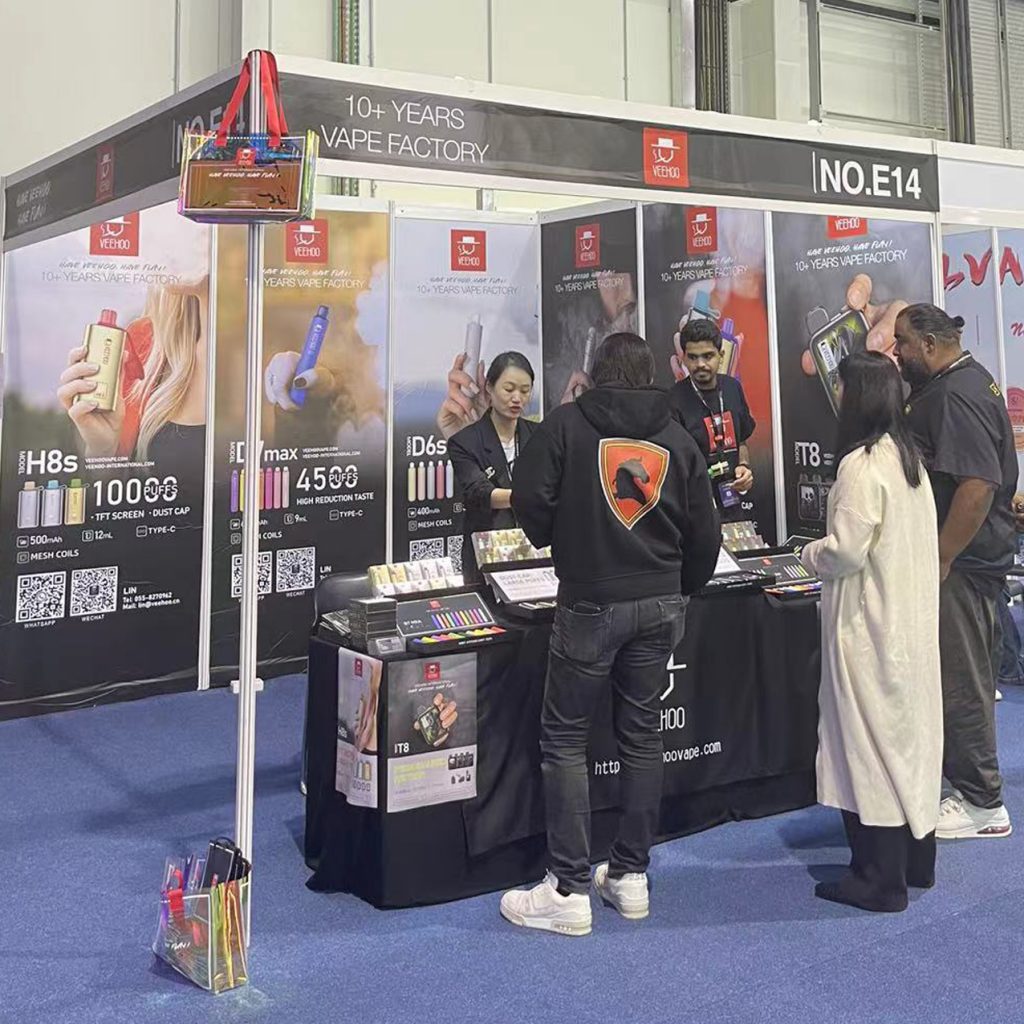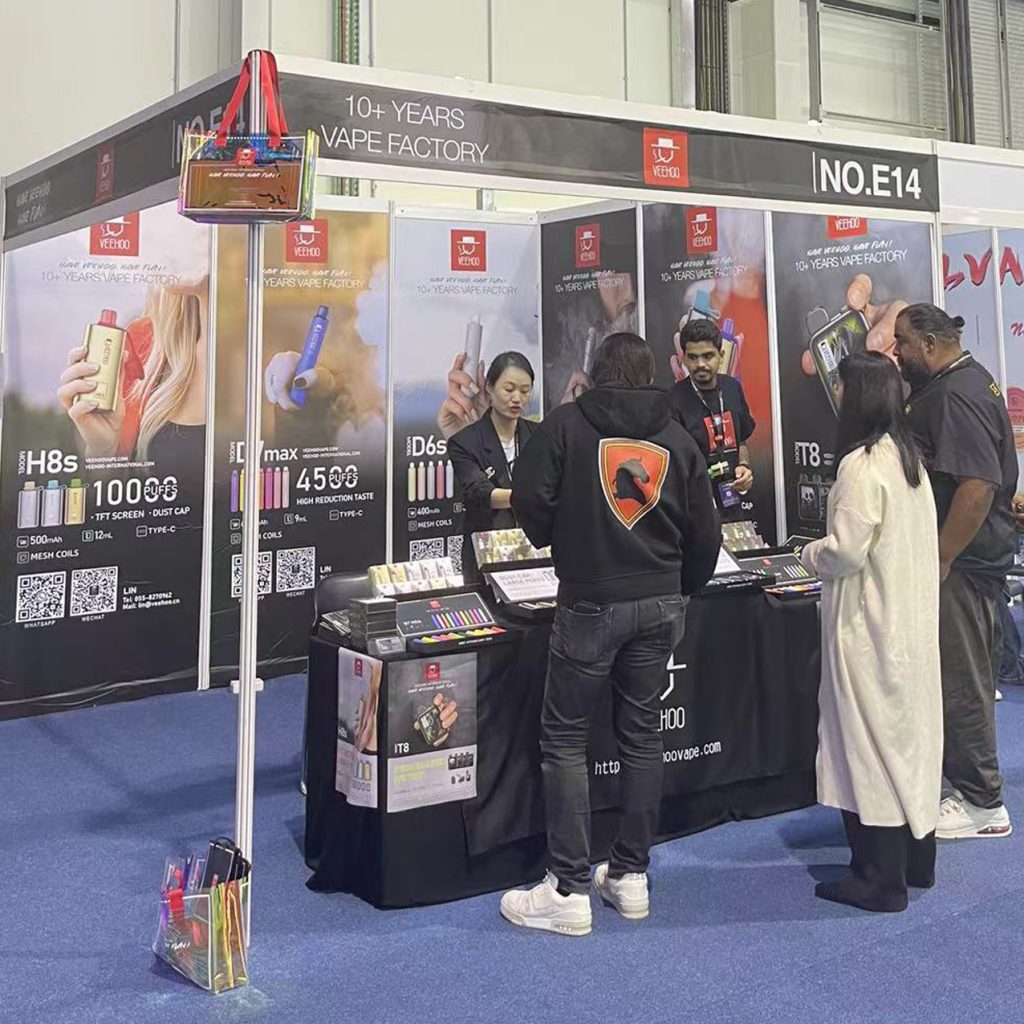Altria Group has lost its appeal against the territorial jurisdiction of British Columbia courts in its Juul class action lawsuit, Victoria Today reported.
The civil lawsuit states: “Plaintiffs allege that vape devices are harmful products that are falsely promoted as a desirable, safe, and healthier alternative to smoking; Plaintiffs also allege that Defendants conspired to expose a new generation to nicotine. addiction, or they conspired through illegal means to maintain and expand the market for Juul products, knowing that they could lead to addiction and other harm.”
Altria filed the lawsuit against Juul Labs Canada and Juul Labs USA in September 2020, a year after the original civil lawsuit was filed, after Altria acquired a 35% stake in Juul in 2018 for $12.8 billion.

According to the lawsuit, Juul and Altria allegedly “conspired” to “employ tactics well-established by the cigarette industry” to advertise and market Juul products to young people.
“The defendants allegedly exploited regulatory loopholes and relied on social media and other viral advertising methods to attract young people to use Juul, despite the defendants’ knowledge of the dangers of vapes. Altria is accused of providing the defendants with strategies, analytics, and services to promote this conspiracy.”
Altria claimed that a British Columbia court had no jurisdiction over the action, but that was dismissed in 2022. Altria later appealed the decision, claiming the judge “failed to address significant relevant evidence.”

Altria argued that the judge ignored or misunderstood evidence that Altria did not ship Juul products to Canada or send Juul marketing materials to Canadian addresses.
The appeals ruling found there was no real and substantial connection because class members could have “crossed the border and been affected by Altria’s activities in the United States.”
“Instead, the judge found that the defendants presented a good and arguable case that Altria was a party to a conspiracy to promote and sell Juul vapes to young people in a manner that misled about health risks, including addiction,” the appeal ruling reads. risk.”
This incident triggered a discussion on how vape companies seek development, and also highlighted the importance of protecting public health rights. Veehoo vape stated that vape companies should not harm public health rights while seeking development, and should especially be responsible for the health threats they may cause to minors and the hidden dangers of nicotine addiction.

First, vape companies should focus on product safety and transparency. For vape devices and liquids, companies should ensure that products comply with relevant safety standards and provide clear ingredient and risk information. Transparency and authenticity are critical for consumers to make informed choices and help improve overall trust in the industry.
Secondly, vape companies should actively participate in supervision and compliance. Compliance means complying with relevant regulations and industry guidelines to ensure the legality and safety of products. Enterprises should work closely with regulatory agencies to support the formulation and implementation of regulatory policies, and proactively take measures to limit minors’ access to and purchase of vape products.
At the same time, companies should strengthen education and guidance for consumers. By providing accurate health risk information, companies can help consumers better understand the potential risks of vapes and provide appropriate usage recommendations. Consumer education can help increase public awareness of vapes and reduce inappropriate use and potential health risks.

In addition, vape companies should actively promote scientific research and technological innovation. By investing resources in R&D, companies can continually improve product designs and reduce potential harm to health. Scientific research helps to better understand the effects and risks of vapes and provides a basis for the development of targeted policies and measures.
Finally, vape companies should strengthen social responsibility and sustainable development. Enterprises should pay attention to social and environmental impacts, actively participate in public welfare activities, and promote the concept of sustainable development. By fulfilling social responsibilities, vape companies can win social recognition and support and establish a good corporate image.
To sum up, vape companies should always consider protecting public health rights as their top priority while seeking development. Drawing on the views of veehoo vapes, companies should focus on product safety and transparency, actively participate in supervision and compliance, strengthen consumer education and guidance, promote scientific research and technological innovation, and strengthen social responsibility and sustainable development. Only on the basis of balanced development and health rights protection can vape companies achieve sustained development and gain public trust. Through these efforts, we can jointly push the vape industry in a healthier and more sustainable direction.
Tags: Altria loses lawsuit in B.C.,Who owns Juul,altria juul acquisition,veehoo vape